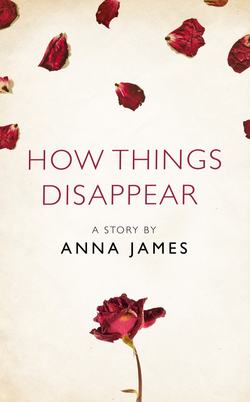Читать книгу How Things Disappear: A Story from the collection, I Am Heathcliff - Anna James, Anna James - Страница 6
FOREWORD BY KATE MOSSE
ОглавлениеSO, WHAT MAKES Wuthering Heights – published the year before Emily Brontë’s own death – the powerful, enduring, exceptional novel it is? Is it a matter of character and sense of place? Depth of emotion or the beauty of her language? Epic and Gothic? Yes, but also because it is ambitious and uncompromising. Like many others, I have gone back to it in each decade of my life and found it subtly different each time. In my teens, I was swept away by the promise of a love story, though the anger and the violence and the pain were troubling to me. In my twenties, it was the history and the snapshot of social expectations that interested me. In my thirties, when I was starting to write fiction myself, I was gripped by the architecture of the novel – two narrators, two distinct periods of history and storytelling, the complicated switching of voice. In my forties, it was the colour and the texture, the Gothic spirit of place, the characterisation of Nature itself as sentient, violent, to be feared. Now, in my fifties, as well as all this, it is also the understanding of how utterly EB changed the rules of what was acceptable for a woman to write, and how we are all in her debt. This is monumental work, not domestic. This is about the nature of life, love, and the universe, not the details of how women and men live their lives. And Wuthering Heights is exceptional amongst the novels of the period for the absence of any explicit condemnation of Heathcliff’s conduct, or any suggestion that evil might bring its own punishment.
This collection is published to celebrate the bicentenary of Emily Brontë’s birth in 1818. What each story has in common is that, despite their shared moment of inspiration, they are themselves, and their quality stands testament both to our contemporary writers’ skills, and the timelessness of Wuthering Heights. For, though mores and expectations and opportunities alter, wherever we live and whoever we are, the human heart does not change very much. We understand love and hate, jealousy and peace, grief and injustice, because we experience these things too – as writers, as readers, as our individual selves.
